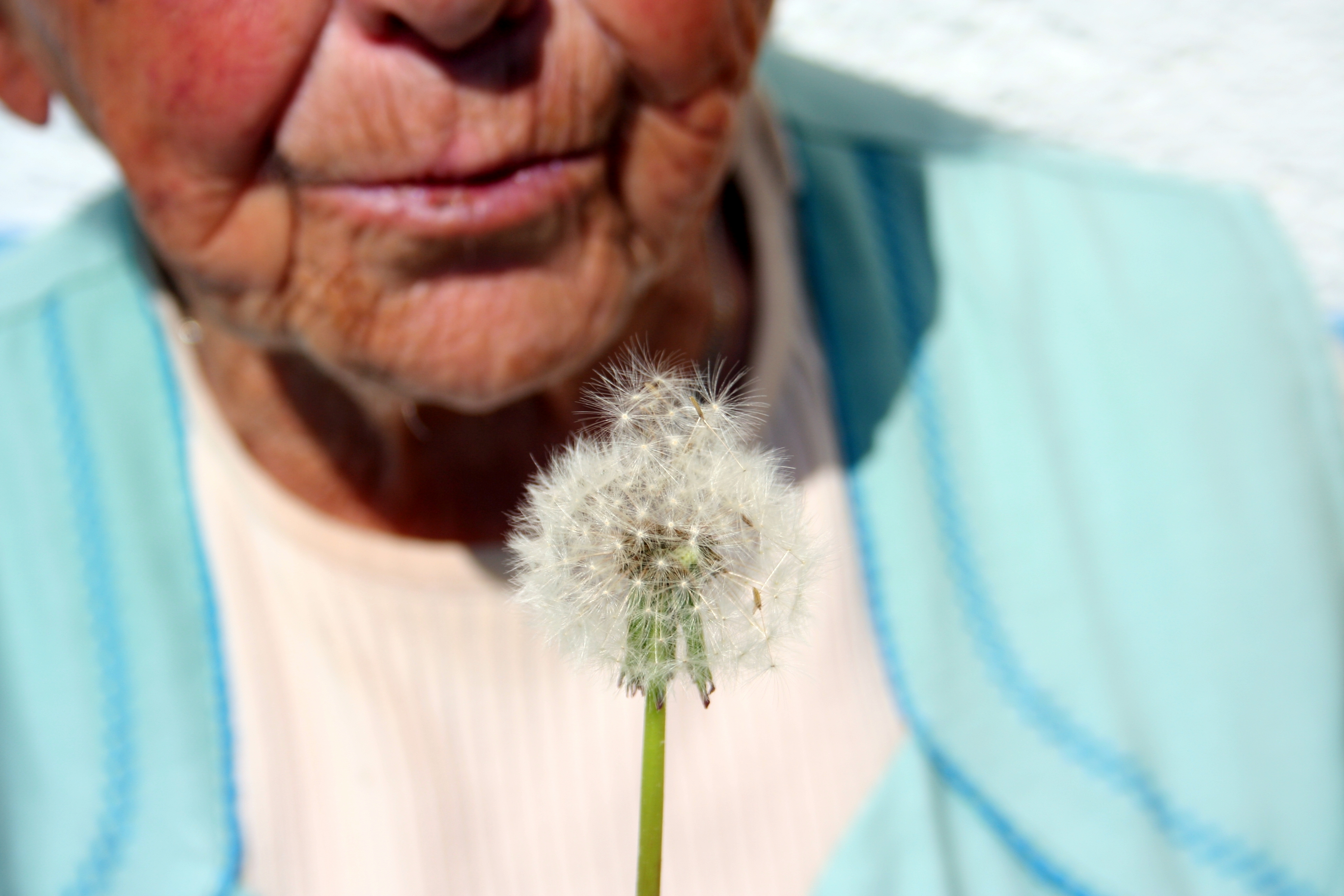
THURSDAY, Aug. 20, 2015 (HealthDay News) — Caring for a spouse who has had a stroke can hurt your mental and physical health, researchers report.
Swedish researchers evaluated nearly 250 caregiving partners of stroke survivors and found they scored lower on tests of mental and physical well-being than people with healthy spouses. Their vitality and social life also suffered, not only in the first years after stroke, but over many years.
“It is important for the society to provide support to the spouses to prevent or reduce the burden of stress and strain,” said lead researcher Josefine Persson of the Institute of Neuroscience and Physiology, at Sahlgrenska Academy at the University of Gothenburg.
The caregiver’s quality of life declined alongside the stroke victim’s level of physical disability, mental impairment and depression, Persson said. The more care the stroke patient needed, the greater the stress and social restrictions for the healthy spouse.
For younger couples, caring for a spouse after a stroke can mean missing work or juggling responsibilities, which is an added burden, said Persson.
A New York City expert wasn’t surprised by the findings.
“Experiencing a spouse go through a stroke can be traumatic in and of itself for the spouse, and then having to bear the responsibility of supporting the stroke survivor in his or her post-stroke recovery can often be demanding and stressful on the spouse,” said Simon Rego, director of psychology training at Montefiore Medical Center.
“The spouse of the stroke survivor is often forced to manage their own emotional reactions to the event itself, while at the same time aiding in their partner’s recovery,” said Rego, who is also an associate professor of clinical psychiatry and behavioral sciences at the Albert Einstein College of Medicine.
For the study, published Aug. 20 online in the journal Stroke, Persson and colleagues collected data on 248 stroke survivors under 70 years old and their spouses. The researchers compared them with 245 husbands and wives of people who did not have a stroke.
All of the strokes were caused by a blocked artery to the brain.
At the seven-year follow-up, spouses of stroke survivors had more health problems of their own, including pain, than those whose partners had not had a stroke. They also scored lower than the other spouses on all measures of physical and mental functioning. Moreover, 16.5 percent of survivors had suffered another stroke.
High strain on caregivers increases their risk for heart disease, stroke and premature death, the researchers said. “Therefore, it can be assumed that long-lasting strain has an effect on general health,” they wrote.
Persson said that strategies to reduce the stroke patient’s disability and depression might also lessen the stress of caregivers and allow more time for social activities.
Rego added that caregiver support and training can also help.
Buttressing the mental health of the spouses of stroke survivors by educating them on strategies to handle mental impairments, teaching stress management, and increasing their social support have been shown to lower their psychological distress, he said.
“It’s important for medical and mental health providers to focus on the physical and mental health needs, identify signs of stress and depression, and intervene early — not only in stroke survivors but in their caregivers as well,” Rego said.
More information
The National Stroke Association has more on caring for a loved one after stroke.
Copyright © 2026 HealthDay. All rights reserved.

